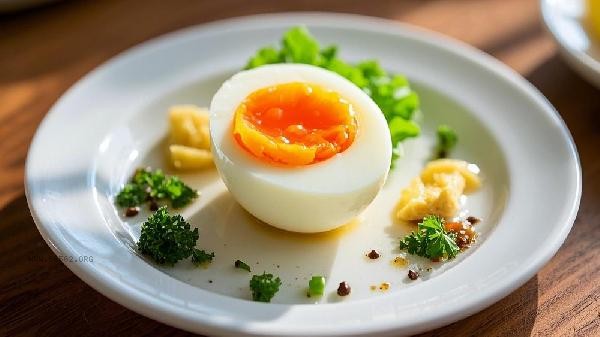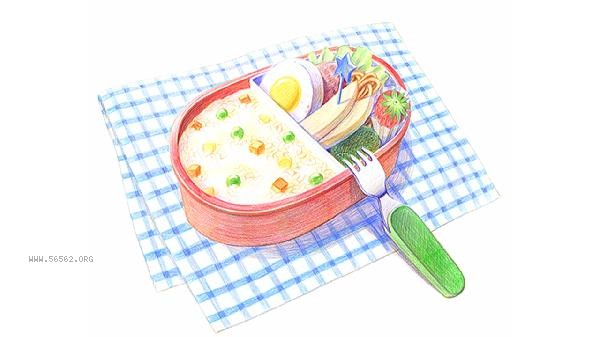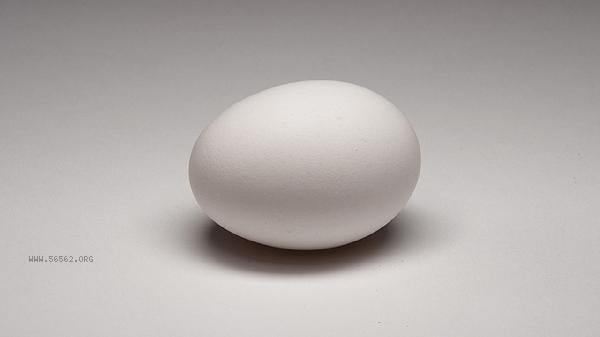Adding a small amount of salt or vinegar when boiling eggs can effectively prevent the eggshell from cracking. The cracking of eggshells is mainly related to sudden temperature changes and uneven structure of eggshells. By adjusting the chemical environment in water, the toughness of eggshells can be enhanced. When boiling eggs, a rapid increase in water temperature can cause the gas inside the egg to expand, and weak areas of the eggshell are prone to cracking. Salt can increase the boiling point of water, allowing heat to penetrate the eggshell more evenly. At the same time, sodium ions can react with calcium carbonate in the eggshell to form a denser protective layer. Experiments have shown that adding 5 grams of salt per liter of water can significantly reduce the probability of breakage, but excessive amounts may affect the taste. Acetic acid in vinegar can soften the surface of eggshells and reduce local stress concentration. It is recommended to use white vinegar and add 1 teaspoon per 500 milliliters of water. It should be noted that vinegar may cause slight corrosion marks on the surface of eggshells, but it does not affect food safety. Fresh eggs have better integrity of the eggshell membrane and lower risk of rupture, while eggs stored for a longer period of time are more prone to rupture when the air chamber expands. When refrigerated eggs are directly poured into boiling water, a large temperature difference can exacerbate cracking. It is recommended to leave them at room temperature or soak them in warm water first. When boiling eggs, the amount of water should completely cover the eggs. Heat over medium heat to avoid intense boiling, and gently push the eggs with a spoon to evenly heat them. Some cooking tutorials recommend making small holes at the big end of the egg to release internal air pressure, but improper operation may directly cause the egg liquid to seep out.

Choosing eggs of uniform size to cook in the same pot can avoid thermal differences. After cooking, immediately rinse with cold water to facilitate peeling and prevent overcooking caused by residual heat. When storing eggs in daily life, the pointed end should be placed downwards to maintain the stability of the air chamber, and the eggshell should be checked regularly for any minor cracks. If a large amount of eggs need to be boiled, they can be done in batches to avoid local overheating caused by accumulation at the bottom of the pot. Paired with a steamer or specialized egg boiler can further reduce the risk of rupture while retaining more nutrients. Controlling the time and heat is the key to avoiding egg breakage. For fully cooked eggs, it is recommended to boil the water for 8-10 minutes, while for soft boiled eggs, it should be reduced to 5-6 minutes.











Comments (0)
Leave a Comment
No comments yet
Be the first to share your thoughts!